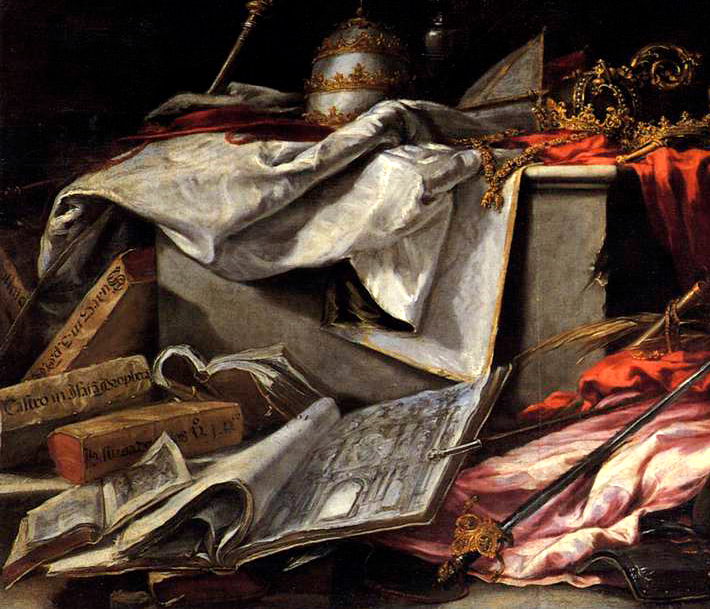Here you will find the Biographies and History conferences that we held in collaboration with Carmen Iglesias, the Royal Academy of History and the Cultural Foundation of the Spanish Nobility.
The 2025 cycle is dedicated to characters who lived through turbulent times in the 16th and 17th centuries, such as Miguel de Cervantes and Inca Garcilaso, among others. Through them we will discover stories of overcoming, defending ideas and reclaiming ethical principles in times of tribulation.
Los tres reinados de Cisneros

Carmen Iglesias, Director of the Royal Academy of History and academic of the Royal Spanish Academy, participates in our new Biographies and History 2025 Cycle of conferences, delving into the figure of Miguel de Cervantes and highlighting the visionary spirit of Don Quixote and its impact on the Spain of the time.
Elvira Roca

In this conference of the Biographies and History 2025 Cycle, Elvira Roca Barea vindicates the figure of the Inca Garcilaso de la Vega as an example of intelligence, balance and overcoming in times of fracture.
Fernando Iwasaki

In this lecture from the Biographies and History 2025 series, Fernando Iwasaki shows us how official history has buried the voices of Beatriz Coya, Inca, Juan de Mendoza and Luisa Melgarejo under layers of oblivion. And he shows us why it is so important to unearth them.
Jaime Olmedo

El filólogo e historiador Jaime Olmedo recorre la biografía del padre Juan de Mariana: jesuita, pensador, teólogo, perseguido por sus ideas y fiel a su conciencia hasta el final.
previous lectures
On our Youtube channel you can see the conferences held in the following years:
- 2020: ‘The first globalization. America and the oceans. Adventure and science routes (from the 16th to the 18th century)’.
- 2021: ‘America and the oceans. Century XVIII’.
- 2022: ‘America, Spain and independence: 200 years of a complex process’.
- 2023: ‘A crown of letters: books and authors of the Hispanic Monarchy’.
- 2024: ‘Cisneros and the arrival of modernity’.


